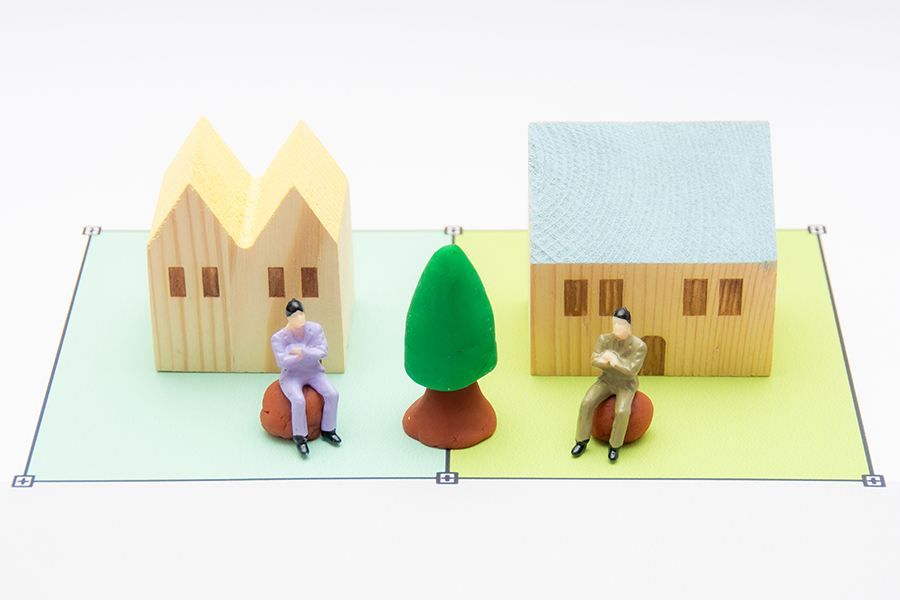
What happens when a third party creates a condition that physically affects your property? This could be as simple as paving a surface that extends onto your property. Some people think this qualifies as trespass. More specifically, it is considered as an encroachment. If this type of act is causing you concern, you should know that you have legal rights to contest it. Learn what to do if you suspect that an encroachment on your property is occurring.
Know Your Boundaries
The first thing you need to know is exactly where your property lines are located. You can get some basic information about your property's boundaries by visiting the county clerk's office. You'll need to request a subdivision plot map for your area. For most people, these documents are difficult to use. Thus, it may be better to hire a surveyor to determine the legal boundaries. Another option is to work with a real estate lawyer who can help with interpreting the subdivision plot map. In the end, you need to know if your neighbor has really intruded onto your property.
How to Contest the Action
There are a few options once you have verified that an encroachment has occurred. The first, obvious option is to speak with the other person about the problem. In some cases, you may be able to convince the other party to modify or remove the encroachment. If this isn't possible, you may also sell the affected land to the other party. If this is the most viable option, you should be working through a real estate attorney. This will allow you to receive the fair market value of the land as a solution.
Taking It to Court
If you are unable to resolve the situation through negotiation, you may need to file a lawsuit. There are two preliminary showings before you can move forward with the case. You will have to show that you are the owner of the land in question, and that the other party's use is illegal. In legal terms, the applicable actions are quiet title and ejectment. In Utah, a quiet title action is described in Utah Code, Title78B, Chapter 6. Ejectment is a common law right in Utah as confirmed in cases such as Pingree v. Continental Group of Utah, Inc., 558 P.2d 1317 (Utah 1976). In any case, it is best to consult with an experienced attorney before taking legal action.
Why You Should Be Concerned
Some people have good relations with their neighbors and aren't really worried about a minor encroachment. Despite this, there are some reasons you should be concerned. If you simply allow the encroachment, the other party could gain rights to your property. This could affect your ability to transfer or sell the property in the future. Therefore, it is important to take action as soon as possible.
For assistance with property law issues in Utah, contact us at TR Spencer Law Office.